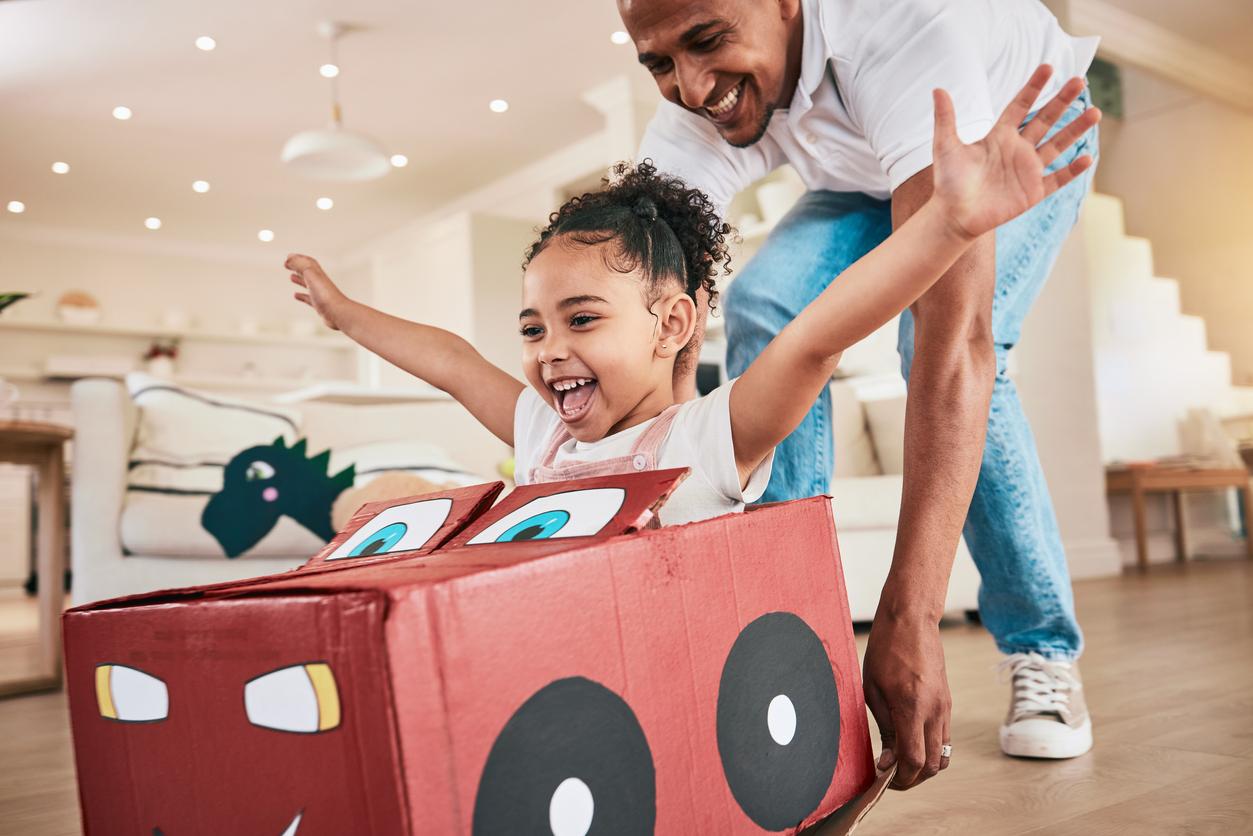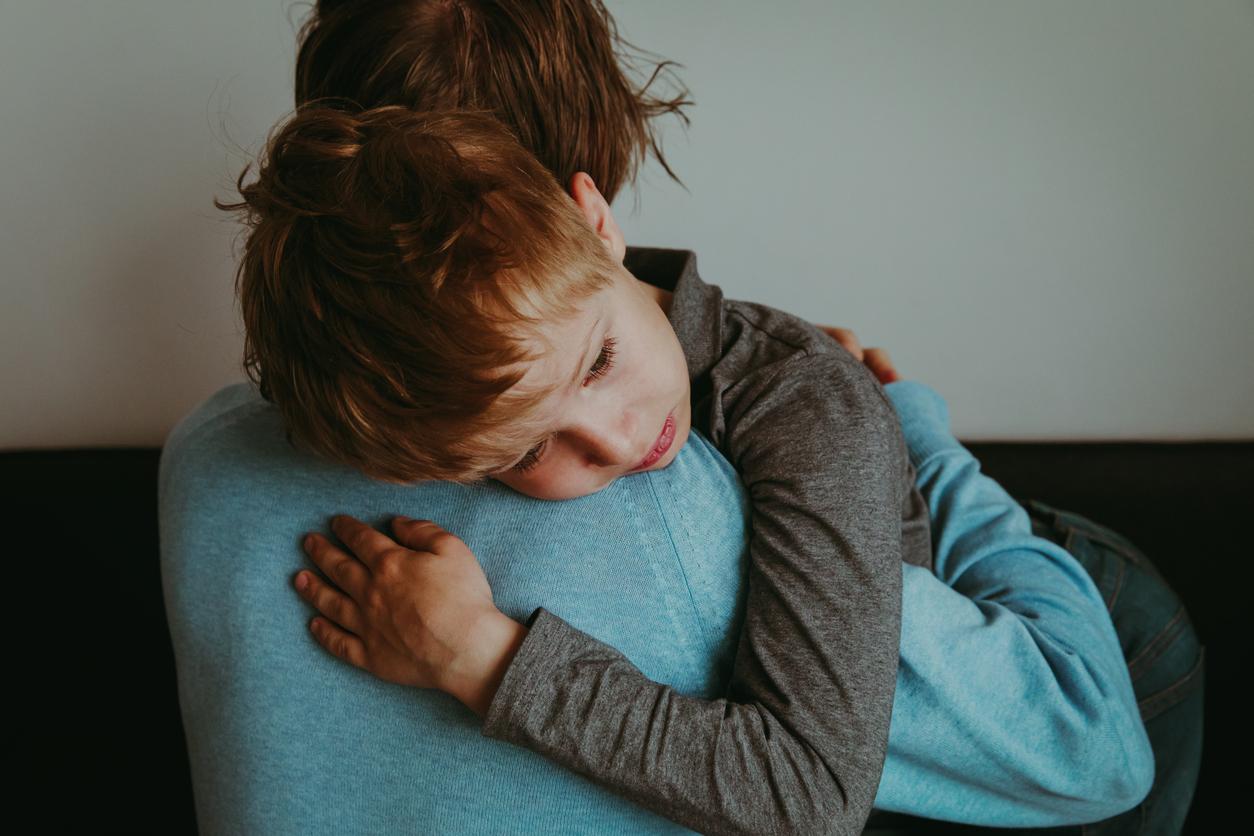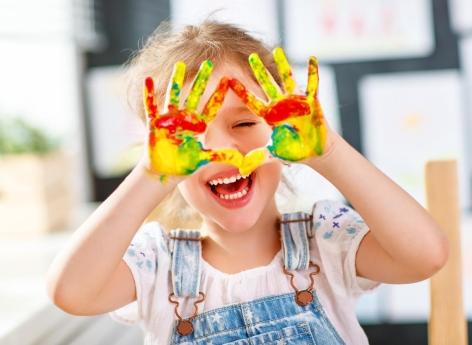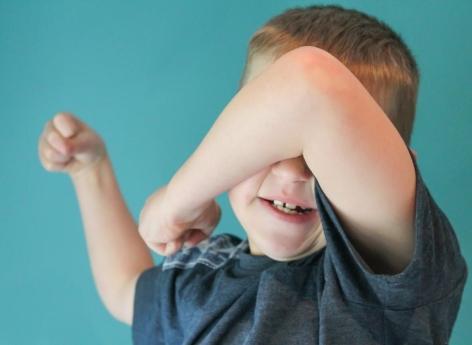Free play helps your child experiment, create and grow.

- Free play encourages your child to formulate clear intentions and plan their activities according to their desires.
- Through free play, your child often interacts with others, which helps develop their social skills.
- Free play also has a significant impact on your child’s cognitive abilities, i.e. attention, concentration and memory.
Between three and five years of age, a period during which play activities become more complex, free play has its place in helping the child’s development. As a parent, you can encourage free play to promote independence, creativity and problem solving.
Encourage autonomy and creativity
Free play encourages your child to formulate clear intentions and plan their activities according to their desires. Let him start with a moment of reflection during which he imagines what he wants to achieve. For example, building a tower with blocks or drawing a landscape will lead them to use complex mental processes such as planning and problem solving.
During the activities he has chosen, he learns to develop mental flexibility, essential for moving from one idea or activity to another.
Develop social and emotional skills
Through free play, your child often interacts with others, which helps develop their social skills. For example, when he decides to modify a game or collaborate with another child, he must negotiate, observe the reactions of others and manage the consequences.
At this stage, your support can guide him in his thoughts while ensuring that his autonomy is respected. This type of interaction helps them understand social dynamics and develop empathy, while learning to manage their own emotions and those of others.
Strengthen memory and executive functions
Free play also has a significant impact on your child’s cognitive abilities, i.e. attention, concentration and memory. After a game, he reflects on the experience, which stimulates his memory and his ability to evaluate his actions. You can also encourage him to discuss it with you.
He can thus make the link between his initial intentions and the results obtained, which allows him to better understand the consequences of what he does on his environment and on others. He can thus develop self-regulation and planning, essential for his future.
Find out more: “I like to be bored” by Ingrid Chabbert and Sébastien Chebret.

















